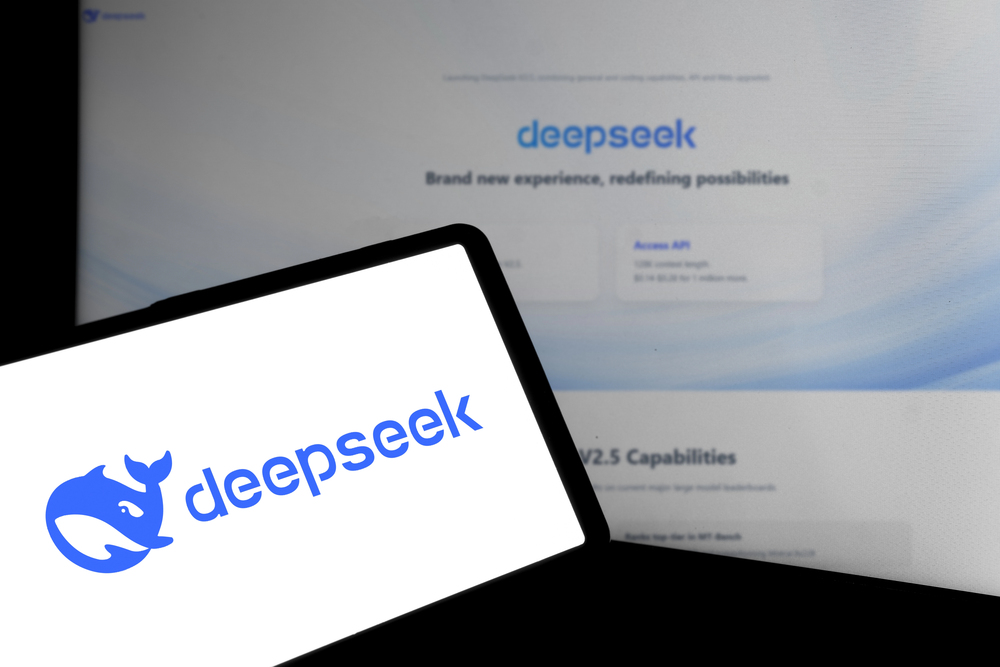
How LLMs could revolutionize ad blocking
Ad blocking software has traditionally relied on filter lists. These need time consuming and regular maintenance in order to keep them up to date and effective.
There have been previous attempts to update ad blocking using machine learning, but new research from AdGuard looks at the potential to use large language models (LLMs) to improve the way it works.

Popular LLMs share strengths and weaknesses when it comes to creating code
Increasing pressure to build and launch applications quickly has seen a rise in the use of AI to generate code. New analysis from Sonar, looking at the quality and security of software code produced by top Large Language Models (LLMs), finds significant strengths as well as material challenges across the tested models.
The study used a proprietary analysis framework for assessing LLM-generated code, tasking the LLMs with over 4,400 Java programming assignments. The LLMs evaluated in the study include Anthropic's Claude Sonnet 4 and 3.7, OpenAI's GPT-4o, Meta's Llama-3.2-vision:90b, and OpenCoder-8B.

Can AI master classic text adventures? Someone went on a quest to find out
Large language models (LLMs) have shown impressive results in many areas, but when it comes to playing classic text adventure games, they often struggle to make it past even the simplest of puzzles.
A recent experiment by Entropic Thoughts tested how well various models could navigate and solve interactive fiction, using a structured benchmark to compare results across multiple games. The takeaway was that while some models can make reasonable progress, even the best require guidance and struggle with the skills these classic problem-solving games demand.

Stanford University study finds AI-based therapy has ‘significant risks’
Access to psychotherapy remains something that many people cannot afford, so it is hardly surprising that increasing numbers of people are turning to AI therapists for help.
It is not just cost that attracts people to seek therapy from artificial intelligence. Demand for therapy is high and waiting lists can be long. There are also considerations such as the difficulties some clients face accessing the help they seek because of living in a remote location, or having an unreliable internet connection. The persistent stigma associated with seeking therapy can also serve as an obstacle that stands in the way of people reaching out to a qualified, human therapist.

Cybercriminals lure LLMs to the dark side
A new AI security report from Check Point Software shows how cybercriminals are co-opting generative AI and large language models (LLMs) in order to damage trust in digital identity.
At the heart of these developments is AI's ability to convincingly impersonate and manipulate digital identities, dissolving the boundary between authentic and fake.

The challenges of using AI in software development [Q&A]
Artificial intelligence has found its way into many areas, not least software development. But using this technology isn't without problems around security, code quality and more.
We talked to Vibor Cipan, senior manager -- developer relations, community and success at AI coding agent Zencoder to find out more about the challenges of AI development and how to address them.

DeepSeek -- the Chinese AI that sparked a stock market panic
Today has seen millions of dollars wiped off US market tech stocks by the launch of DeepSeek, the latest Chinese AI that threatens US dominance in the sector.
This is partly because DeepSeek can run on much less powerful hardware than rivals such as OpenAI's o1. DeepSeek also says that its v3 model, released in December, cost less than $6 million to train, less than a tenth of what Meta spent on its most recent system.

A quarter of organizations suffer AI-enhanced attacks against APIs or LLMs
A new study finds 25 percent of respondents have encountered AI-enhanced security threats related to APIs or LLMs, with 75 percent of respondents expressing serious concern about AI-enhanced attacks in the future.
The research from API specialist Kong shows that although 85 percent say they're confident in their organization's security capabilities, 55 percent of respondents have experienced an API security incident in the past year, highlighting a notable disconnect.

Meta is training its AI using an entire nation’s data… with no opt-out
The question of how to train and improve AI tools is one that triggers fierce debate, and this is something that has come into sharp focus as It becomes clear just how Meta is teaching its own artificial intelligence.
The social media giant is -- perhaps unsurprisingly to many -- using data scrapped from Facebook and Instagram posts, but only in Australia. Why Australia? Unlike Europe where General Data Protection Regulation (GDPR) necessitated Meta to give users a way to opt out of having their data used in this way, Australia has not been afforded this same opportunity. What does this mean?

Balancing Large Language Model adoption with robust API security
The popularity of Large Language Models (LLMs) has prompted an unprecedented wave of interest and experimentation in AI and machine learning solutions. Far from simply using popular LLMs for sporadic background research and writing assistance, LLMs have now matured to the degree where particular solutions are being used within specific workflows to solve genuine business problems.
Industries such as retail, education, technology, and manufacturing are using LLMs to create innovative business solutions, delivering the required tools to automate complex processes, enhance customer experiences, and obtain actionable insights from large datasets.

How the rise of large graphical models can give enterprises a crystal ball [Q&A]
A new AI technology is emerging alongside LLMs -- Large graphical models (LGMs). An LGM is a probabilistic model that uses a graph to represent the conditional dependence structure between a set of random variables.
Organizations can use LGMs to model the likelihood of different outcomes based on many internal and external variables.

Move over Google, LLMs are taking over!
When Google was founded in 1998, it ushered in a new era of access to information. The groundbreaking search engine wasn’t the first to debut (that was World Wide Web Wanderer in 1993), but it was the one that caught on. By 2004, Google was fielding over 200 million searches per day; by 2011, that number had exploded to about three billion daily searches. By that time, the word “Google” had morphed from just the name of the search engine to a verb that meant “to use an internet search engine.” Twenty years later, Google still dominates the market with an almost 84 percent share as of late 2023.
Though Google is still the most popular search engine, new technology has emerged that could threaten its supremacy -- LLMs. The use of this technology is growing at an astonishing rate. In fact, in February 2024, ChatGPT generated over 1.6 billion visits.

The role of APIs within Large Language Models and the shift towards a multi-LLM world
With the arrival of Large Language Models (LLMs) such as ChatGPT, BERT, Llama, and Granite, the operational dynamics within the enterprise sector have significantly changed. LLMs introduce unique efficiencies, paving the way for innovative business solutions. LLMs currently stand at the forefront of technological advancement, offering enterprises the tools to automate complex processes, enhance customer experiences, and obtain actionable insights from large datasets.
The integration of these models into business operations marks a new chapter in digital transformation and therefore requires a closer look at their development and deployment.

With the new GPT-4o model OpenAI takes its ChatGPT to the next level
Pioneering AI firm OpenAI has launched the latest edition of its LLM, GPT-4o. The flagship model is being made available to all ChatGPT users free of charge, although paying users will get faster access to it.
There is a lot to this update, but OpenAI highlights improvements to capabilities across text, voice and vision, and well as faster performance. Oh, and if you were curious, the "o" in GPT-4o stands for "omni".

To get to AGI, we must first solve the AI challenges of today, not tomorrow
If the World Economic Forum in Davos was any indication, AI safety and security will be this year’s top priority for AI developers and enterprises alike. But first, we must overcome hype-driven distractions that siphon attention, research, and investment away from today’s most pressing AI challenges.
In Davos, leaders from across the technology industry gathered, previewing innovations, and prophesying what’s to come. The excitement was impossible to ignore, and whether it is deserved or not, the annual meeting has built a reputation for exacerbating technology hype cycles and serving as an echo chamber for technology optimists.
